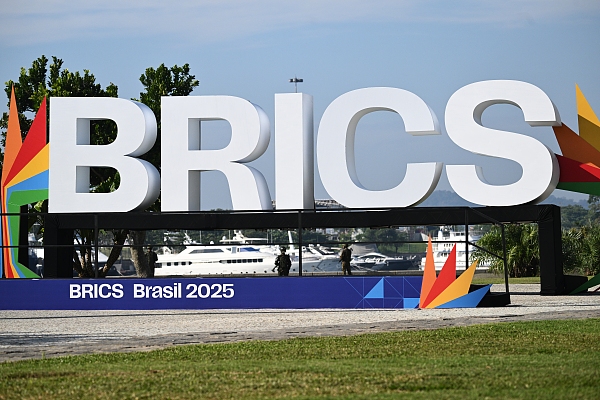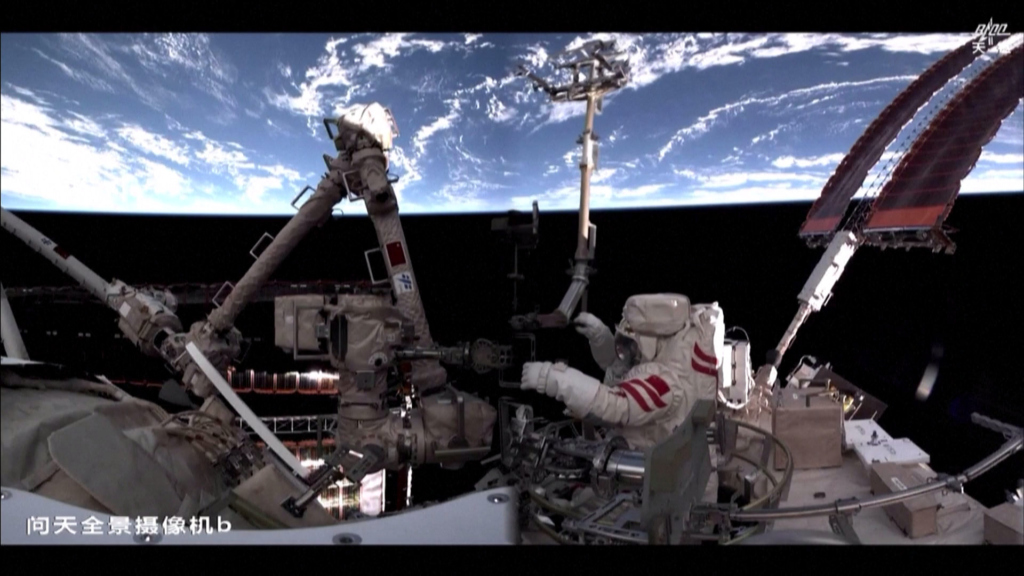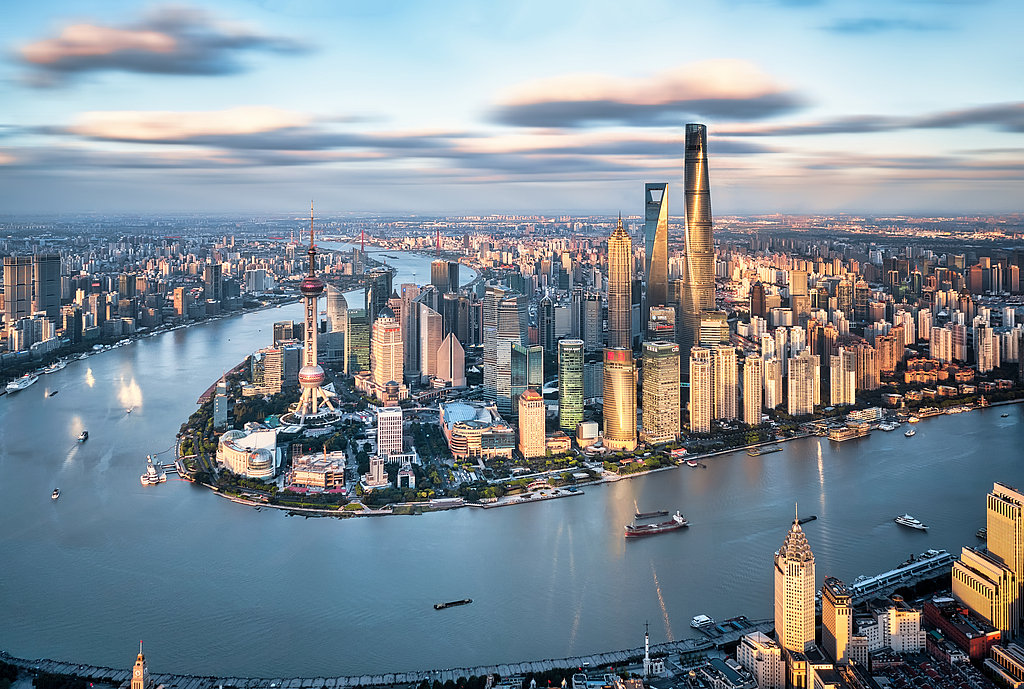Stephen Brawer is the Chairman of the Belt and Road Institute in Sweden and a Distinguished Research Fellow of the Guangdong Institute for International Strategies
This year marks the conclusion of China’s 14th Five-Year Plan for National Economic and Social Development. This is a historical period in which the rising impact of China as a leading factor in global economic development can be witnessed by all who open their eyes to reality. The broad objective of China becoming a “moderately developed” economy by 2035 is clearly within reach. Reducing disparities between urban and rural living standards is continuing with innovative technologies in all major areas of new technologies.This includes car batteries, electric vehicles and innovative digital technology in the area of robotics and AI such as Deep Seek. Great emphasis was placed on the green transition as essential to achieve high quality development and economic growth. This included recommendations to develop hydropower on the Yarlung Tsangbo River. High Quality Development and Innovation continues to be an essential motor for both internal improvements as well as international development for trade and investment.
The emergence of great instability and turbulence in the global economy due to EU and Western perceptions of China as a “systemic rival” continue to play a very dangerous role in undermining world peace and development. Yet, the foundation for global development and cooperation is clearly centered on the Belt and Road Initiative. The Global South and the evolving BRICS are focused on how to achieve a more just and progressive international order whereby the rights of all peoples and respect for national sovereignty will replace a so-called Rules Based Order, or Unipolar World in which Law is based not upon equality and justice, but rather on the power of the Strongest, or a Law of the Jungle mentality.
In light of these great historical challenges, China upholds an active principle of extensive consultation, joint research and scientific development and shared benefits. This can be seen in the Forum on China-Africa Cooperation as well as the BRICS summit held this month in Brazil. The overwhelming majority of nations are embracing this opportunity to lift their people and their nations out of the remnants of colonialism and poverty. This trend is unstoppable if the danger of conflict and world war can be avoided.

Mankind’s future lies in the stars and solving presently unknown scientific challenges that are a part of our universe. This embarkment on what can be called “the Space Silk Road” is the new pioneering direction for humanity. China is now actively demonstrating its recognition and understanding of this in the joint project with African nations to cooperate in nuclear technology and space exploration to ensure that no country is left behind on the path to modernization. This is the kind of vision is necessary to inspire and elevate humanity in the future. It is these kinds of grounding breaking thoughts and ideas which can be the basis for increased people to people exchanges, especially among our youth. As the 14th Five-Year Plan draws to a close, it is this kind of future orientation which should be an essential part of the 15th Five-Year Plan.
The mechanisms for eliminating global poverty in the framework of the Belt and Road Initiative and improving the vitality of domestic markets must be combined clearly with this vision for a Space Based Silk Road or Spaced Based Belt and Road Initiative. This will mark the creative thought processes which must guide us to innovation but even more so to new discoveries in, for example, nuclear fusion based technologies which not only provide virtually unlimited sources of energy here on earth but will be the means to guide us further into the solar system and beyond.

Ultimately, this kind of renaissance thinking can also be the basis for overcoming systemic rivalry with Europe and the EU. There is a historical basis for such creative renaissance thinking in Europe which must be reawakened to bridge the spirit of understanding between Western European Civilization and Asian and Chinese Civilization. This is precisely the spirit of Xi Jinping’s Global Civilization Initiative. Let this be the guiding light for not only the next Five-Year Plan, but for the coming century.

